A recent ruling by a London court judge in a gas pipeline lawsuit involving Process & Industrial Development Ltd. (P&ID) has drawn particular attention.
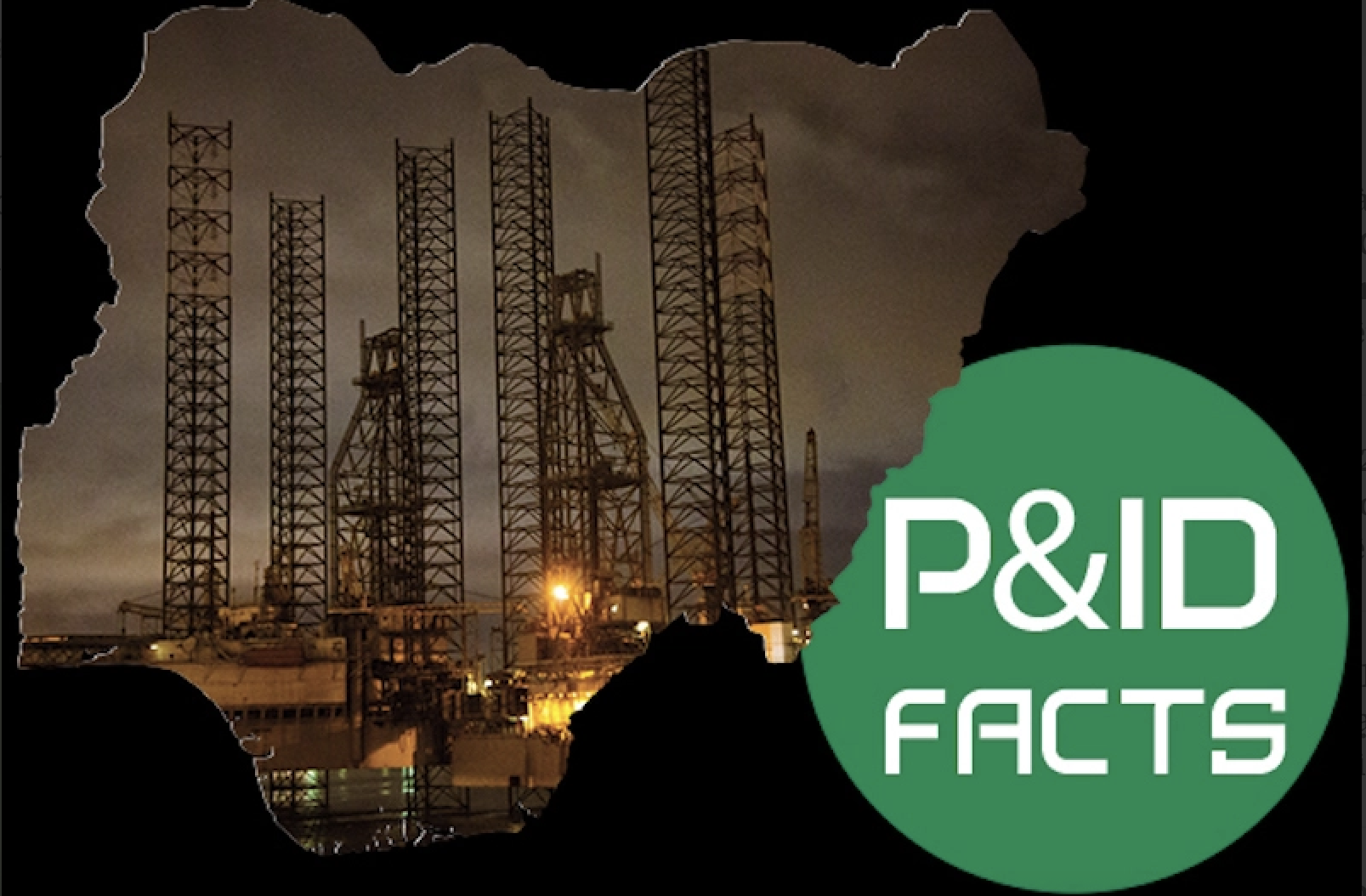
Process and Industrial Developments Limited (P&ID), a small business incorporated in the British Virgin Islands, was tasked with constructing a state-of-the-art gas processing plant in southeastern Nigeria.
A judge in London has indicated that a contract between Nigeria and a little-known energy company was a fraudulent agreement.
This is a new finding in a years-long legal battle. The case leaves Nigeria, Africa's largest economy, facing potential compensation claims of up to $11 billion.
In 2017, an arbitration court ordered Nigeria to pay energy company Process and Industrial Developments (P&ID) $6.6 billion after the contract between the two parties was canceled; this compensation amount has since increased to $11 billion, including interest.
On Monday (October 23), the judge presiding over the appeals case in a London court said the rulings were "obtained through fraud" and "the manner in which they were executed was contrary to public policy."
In 2010, P&ID won a contract to operate a natural gas processing plant, but the Nigerian government failed to build the pipeline to supply the plant. P&ID filed a lawsuit in 2012 alleging breach of contract.
Five years later, a panel of three arbitrators in London ruled that Nigeria must pay $6.6 billion in compensation, equivalent to what P&ID claimed was the full value of the losses they suffered in the project.
This is one of the largest compensation claims ever known to be made against a country.
The court has yet to make a final decision on the subsequent legal consequences of Nigeria's victory. Judge Robin Knowles, presiding over the case, said he wanted to hear further presentations and arguments from both sides before deciding whether to completely overturn the previous ruling or proceed with the trial.
Previously, Nigeria's chances of overturning the initial ruling were considered very slim, and its lawyers repeatedly missed deadlines for filing appeals. But in 2020, Ross Cranston, a judge of the London High Court, gave them more time to prove the corruption allegations in the case.
He found indications that Michael Quinn, one of the founders of P&ID, had given "perjury to the court" to "emphasize that P&ID was a legitimate business and had the ability and willingness to fulfill the contract."
The scale of the compensation awarded in the ruling against Nigeria has highlighted the role of London-based arbitration tribunals in resolving multi-billion dollar disputes. Monday's ruling also raised concerns surrounding the widespread use of arbitration, a confidential process, to settle such important cases.
"The events and circumstances of this case are a unique but very real one, offering an opportunity to consider whether arbitration, which is of such outstanding importance and value worldwide , needs more attention when the value involved is so great and when it concerns a single country," Knowles said.
A spokesperson for the Nigerian government described the ruling as a "historic victory" for the country.
"The blatant fraud perpetrated by P&ID has finally been exposed to the public, despite their persistent efforts to obstruct justice. Let this serve as a lesson to any party seeking to deceive the Nigerian people for their own benefit," a Nigerian government representative stated.
Nigeria believes that this ruling will draw a clear line, ensuring that any party that considers African nations vulnerable to exploitation will be forced to reconsider.
A lawyer for P&ID said the company was "considering possible steps to take" following the ruling. Nick Marsh, a lawyer at Quinn Emanuel Law Office representing P&ID, said: "While P&ID fully respects the ruling of the English Court, they are, of course, very disappointed with the outcome."
Source link












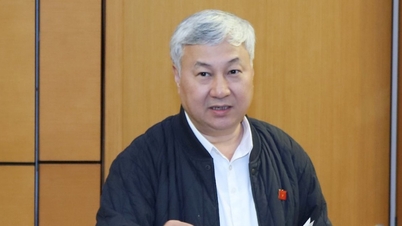





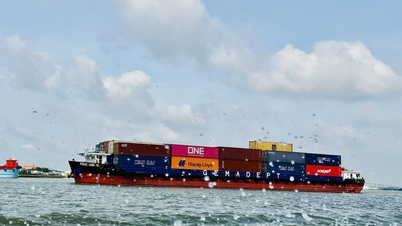




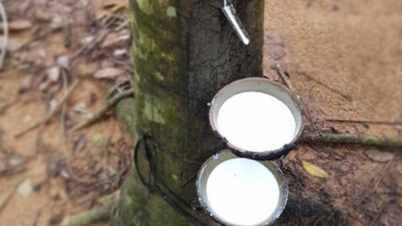















































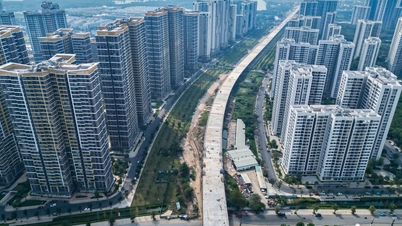



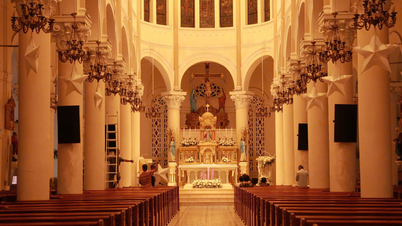
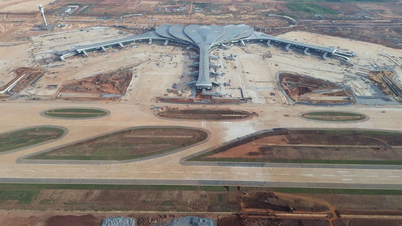








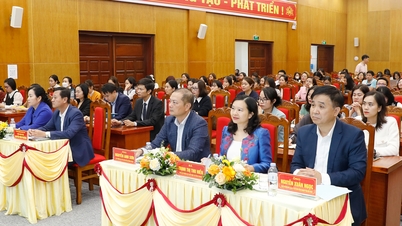

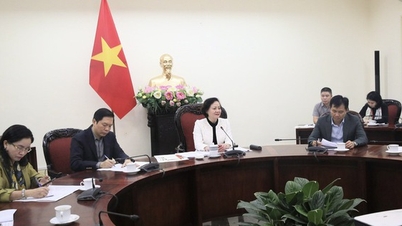
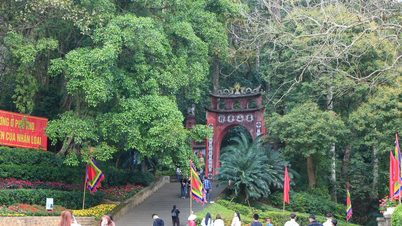



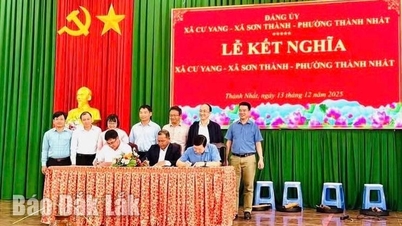



















Comment (0)